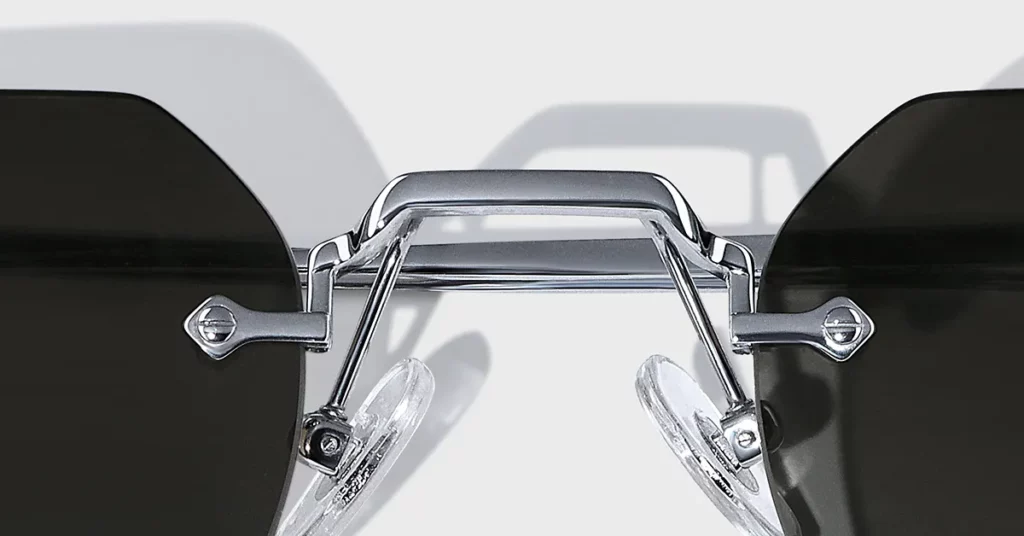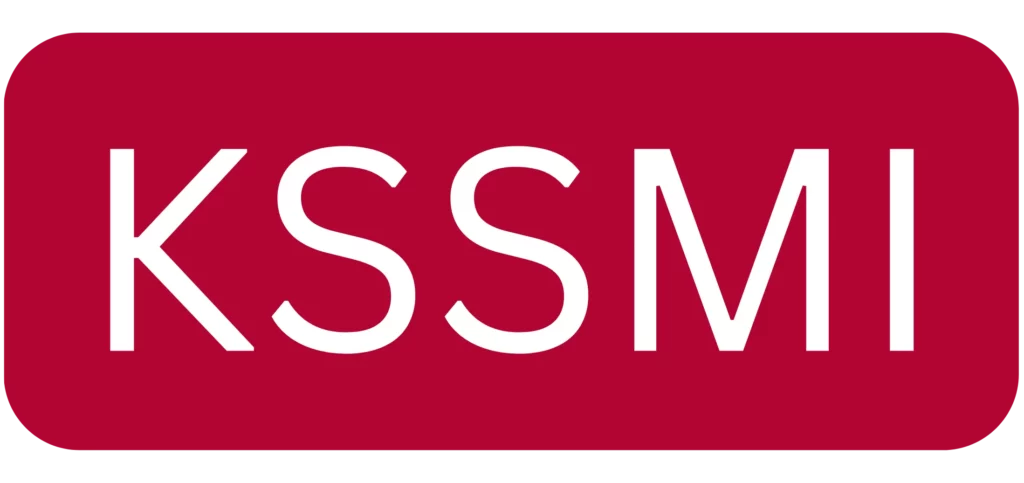A direct factory partnership provides superior intellectual property (IP) protection, better quality control, and a lower total cost of ownership. This is because it eliminates intermediary markups, enables enforceable legal agreements like NDAs directly with the manufacturer, and allows for direct collaboration with engineering teams. This control translates to a stronger brand, reduced financial risk from defects, and a more resilient supply chain.
The Core Conflict: Transactional Platforms vs. Strategic Partnerships
The fundamental challenge is that platforms like Alibaba were designed for commodity transactions, not strategic partnerships. Their entire model is engineered to drive price competition. This commoditization is structurally incompatible with the needs of a premium brand, creating risks that cascade through your entire business.
The Commodity Trap and Brand Dilution
Observation/Finding: Marketplace platforms are engineered to drive price competition through feature comparisons and lowest-bid matching. This creates an inherently commoditized environment where premium design elements, material quality, and craftsmanship precision become secondary to unit cost.
Strategic Implication: When your product appears alongside dozens of similar offerings, buyers default to price-based decisions. The subtle differentiators that justify your premium—hand-polished acetate edges or proprietary lens coatings—become invisible in a spreadsheet, training your prospects to see your products as interchangeable goods.
Competitive/Financial Outcome: This permanently lowers the market’s price sensitivity thresholds. You lose pricing power, and your brand equity erodes because the platform itself has taught the market that a cheaper version is always available.

The IP Threat: Design Piracy and Exclusivity Leaks
Observation/Finding: Marketplace platforms create systematic exposure to intellectual property theft. When you upload detailed specifications or technical drawings to evaluate suppliers, this IP becomes accessible across the platform’s ecosystem, often shared by trading companies with multiple factories to get quotes.
Strategic Implication: This process creates dozens of unauthorized copies of your intellectual property. Within months, your premium designs appear as “inspired by” variations offered by other suppliers at a fraction of your price.
Competitive/Financial Outcome: You lose market exclusivity, which is the cornerstone of premium positioning. The investment in unique design is nullified, directly impacting your sales volume and ability to command a high price.
Critical Warning: Never share complete technical specifications or unique design elements through marketplace messaging systems. Reserve detailed IP disclosure for direct communications with pre-qualified manufacturers under a signed, enforceable NDA.

The Financial Drain: Unmasking the True Cost of Intermediaries
The apparent low unit price on a platform is an illusion that conceals the total cost of ownership. Intermediaries like trading companies introduce multiple layers of cost, risk, and inefficiency that directly harm your bottom line. A direct partnership model is fundamentally more financially intelligent.
| Strategic Factor | Sourcing Platform / Trading Company | Direct Factory Partnership |
| Intellectual Property | High Risk. Designs are shared widely for quotes. NDAs are often with a middleman, not the actual factory, making them unenforceable. | Secure. A direct, enforceable NDA and manufacturing agreement protects your designs, molds, and processes. You have legal recourse with the entity holding your IP. |
| Quality Control | Opaque & Reactive. You are firewalled from the factory floor, leading to “quality fade” where materials are substituted post-approval. You discover defects from customer complaints. | Transparent & Proactive. You implement your brand’s AQL standards on the line, conduct on-site audits, and have direct oversight of components, materials, and finishing. |
| Communication | Inefficient & Distorted. A “telephone game” through a sales-focused intermediary dilutes your technical requirements and delays critical problem-solving. | Direct & Efficient. You collaborate directly with factory engineers, enabling rapid prototyping, real-time problem-solving, and faster reorder turnarounds. |
| Cost Structure | Hidden Markups. The quoted price conceals a 15-35% intermediary margin plus inflated fees for shipping, inspections, and “upgraded” materials. | Transparent Pricing. You pay the true factory price. Long-term relationships yield partner pricing, typically a 5-15% cost advantage over transactional rates. |
| Innovation & Scalability | Stifled. Intermediaries lack technical expertise and have no incentive to facilitate collaborative design or process improvements. They prioritize volume over value. | Collaborative. You gain access to the factory’s engineering expertise and new material technologies. The factory scales capacity with your brand’s growth. |
The Bottom Line: The transactional nature of platforms forces you to pay for risk, inefficiency, and stolen IP through higher defect rates, lost sales, and brand damage. A direct partnership is an investment in control that yields a lower total cost and a more defensible market position.

The Definitive Advantage: Building Your Moat with a Direct Partner
A direct partnership eliminates the structural flaws of intermediated sourcing. It provides the control necessary to build a defensible competitive advantage through superior quality, IP ownership, and supply chain intelligence.
Gaining Total Control Over Your Brand and IP
- Secure Your Vision: You must use direct NDAs and manufacturing agreements with the factory itself. This is because an NDA with a trading company is useless, as they don’t control the facility where your IP is being handled. This creates legally binding protection for your designs, molds, and processes.
- Achieve True Exclusivity: A direct partnership allows you to co-invest in proprietary molds and tooling. This is a physical asset that remains exclusive to your brand at the factory, creating a powerful, physical barrier to entry that competitors cannot replicate.
- Ensure Material Integrity: You can directly specify and verify premium materials, from Italian acetate blocks to Japanese titanium alloys. The factory can provide material certificates and batch traceability, which is impossible when a trading company obscures the supply chain.
Elevating Quality from a Cost to a Competitive Weapon
- Implement Your Standards: You can mandate your brand’s Acceptable Quality Limits (AQL) directly on the production line. This means your quality standard is the benchmark, not a vague interpretation passed through a middleman.
- Scrutinize Every Component: A direct relationship gives you oversight of hinges, hardware, lenses, and hand-polishing. You can specify exact component suppliers and standardize labor-intensive processes, because quality is determined by these small details.
- Slash Your Defect Rate: The business impact is clear. Moving from an industry-average defect rate of 2-3% to a premium standard of 0.5% or lower eliminates warranty replacement costs and boosts your brand’s reputation for quality.
Key Metric: Premium brands typically achieve a 4:1 ROI on quality improvement investments. This return comes from reduced warranty costs, increased customer lifetime value, and the brand equity that supports premium pricing.

The Partnership Vetting Framework: Your Actionable Guide
Identifying a true strategic manufacturing partner requires a systematic evaluation. This framework allows you to vet for technical capability, operational excellence, and cultural fit.
Phase 1: Initial Research and Digital Vetting
- Move Beyond B2B Platforms: Use professional directories, industry forums, and targeted technical searches.
Pro Tips:Search for terms like “acetate injection molding” or “titanium precision machining” to find specialists, not generalists. - Apply the Export Litmus Test: Analyze a factory’s export history. A consistent record of shipping to highly regulated markets like the EU, USA, or Japan is a strong indicator of sophisticated quality systems and compliance competence.
- Conduct a Financial Health Check: Assess the factory’s registered capital in Chinese business records. For premium eyewear, registered capital below RMB 5-10 million can be a red flag for a trading company or an undercapitalized operation.
Phase 2: Evaluating Core Technical Capabilities
- Verify True OEM/ODM Status: You must demand proof that they manufacture your specific product category in-house. A factory specializing in handmade acetate has a completely different skill set and equipment base than one focused on metal injection.
- Demand a Portfolio: Review past work for brands with a similar quality and design ethos to yours. Look at the precision of the finishing and the quality of the components, not just the style.
- Assess In-House Engineering: Their engineers must be able to translate your vision into technical specs and provide feedback. If they can only execute a finished tech pack, they are not a strategic partner.

Phase 3: Auditing for Quality, Compliance, and Ethics
- Conduct an On-Site Audit: This is non-negotiable. You must see the production reality, not a sales pitch. An audit allows you to verify equipment, process controls, and worker skill levels with your own eyes.
- Scrutinize the QMS: Demand to see their Quality Management System documentation, including process control charts and defect management records. This reveals their true commitment to proactive quality management.
- Map Supply Chain Traceability: The factory must be able to map the source of key raw materials and components. This is essential for verifying premium material claims and ensuring regulatory compliance.
Phase 4: Analyzing Communication and Relational Fit
- Evaluate First Contact: Assess their responsiveness, clarity, and technical fluency from the very first email. Slow, vague, or non-technical responses are a powerful predictor of future communication breakdowns.
- Conduct Reference Checks: Speak with their non-competitive clients.
Pro Tips:Ask “What was the biggest challenge you faced with this factory, and how did they resolve it?” Their answer will reveal their problem-solving ability and partnership mindset. - Sign a Protective Sales Agreement: Never transfer any funds before a detailed, protective sales agreement is signed by both parties. This contract must outline IP rights, quality standards, payment terms, and dispute resolution.

Conclusion
A direct factory partnership is the definitive strategy for building a defensible eyewear brand. It moves your operations from reactive, transactional sourcing to proactive, strategic control over quality, intellectual property, and your financial destiny. By eliminating intermediaries, you gain the transparency and collaboration needed to translate your vision into a market-leading product.
Frequently Asked Questions
1. What contractual clauses are critical for protecting my designs?
Beyond a standard NDA, demand clauses for territorial exclusivity, restrictions on creating derivative works, and clear ownership of all tooling and molds. The agreement must specify penalties for IP breaches and require the destruction of all materials upon termination.
2. How does a direct partnership impact my total cost of goods sold?
While you may have new direct costs for QA, the total cost is lower. You eliminate the 15-35% middleman markup, and improved quality slashes defect and warranty rates (from 3-5% down to 0.5-2%). This financial gain almost always outweighs third-party inspection costs.
3. What’s the difference in the prototyping process?
Direct collaboration with factory engineers is interactive and fast, often cutting sampling from 4-6 weeks down to 2-3 weeks. You get immediate technical feedback and suggestions for improvement, which a trading company’s sales staff cannot provide.
4. Is an on-site audit necessary if a factory has ISO 9001?
Yes, an on-site audit is still essential. ISO 9001 is a certification of a documented system, not a guarantee of effective implementation or a premium quality mindset. You must personally verify that their on-the-floor practices meet your brand’s specific standards.
5. What are realistic MOQs for a startup with a direct factory?
Expect Minimum Order Quantities (MOQs) of 300-1,000 units per style. While B2B platforms advertise lower numbers, those often come from trading companies who add hidden fees. The total investment for a production run is often comparable, but the value from a direct partner is far higher


